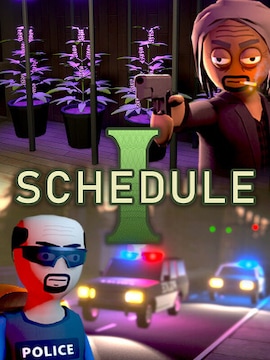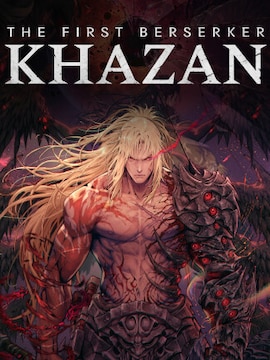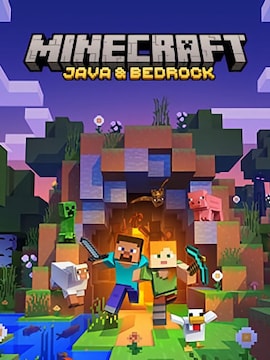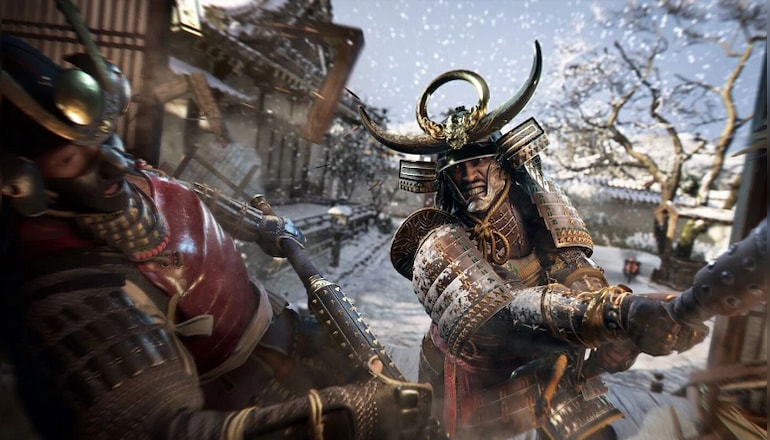Where should we draw the line between historical disrespect and creative freedom? Welcome to the Assassin’s Creed Shadows controversy explained!
The grand release of the long-awaited Assassin’s Creed Shadows is here, igniting the widespread debate about whether Yasuke, the first black samurai and playable protagonist, is desecrating Japanese history. A viral clip shows the hero destroying a digital replica of the Itatehyouzu Shrine, one of the country’s most important cultural and religious landmarks.
What is the origin of the issue with Yasuke?
AC Shadows follows the story of two playable characters: Naoe, a shinobi, and Yasuke, a black samurai. According to critics, making a samurai of African descent the protagonist is outrageous, as history has more notable figures suitable for this role. Also, a considerable share of the Asian gaming community notes the West merely consumes their culture, never showing it the deserved respect.
It turns out, however, that such a character as Yasuke did exist, although there is little confirmed information regarding his life. Oda Nobunaga did honor his service with samurai status during the Sengoku period. Nevertheless, many players still argue that more historically significant figures of Japanese descent would have served better as the protagonist, and Yasuke should appear as an NPC.
Controversial Shrine Depiction
To add to the escalating criticism AC Shadows has dealt with since its announcement, the game includes a controversial scene of a digital depiction of a real-world Shinto shrine being vandalized. Worse still, Yasuke does the deed which the gaming community, religious leaders, and shrine officials find deeply disrespectful.
As Nagase Takeshi (Hyogo Prefectural Assembly member) said: “For us, these scenes are completely unthinkable. Should this be allowed simply because it’s a game? Should it be excused as entertainment? No. If something makes us uncomfortable or is unacceptable, we must firmly express that.” That Park Place
According to Sawada Masayasu (head of the Hyogo Prefecture Shinto Political Federation): “There is a clear lack of respect for our religious traditions. It feels as though, deep down, they still see us as inferior. Even if they do not intend to offend, this kind of carelessness shows a disregard for our heritage.” That Park Place
Fans and Ubisoft defenders respond to these complaints by noting that all installments in the series depict some form of violence against various demographics and beliefs. Therefore, the developers are not intentionally targeting these groups or cultural symbols, introducing them as an immersive portrayal of the conflict between Assassins and Templars.
This heated topic thrives on Reddit, where players discuss the lack of historical accuracy in AC Shadows. As u/lastbreath83 points out: “With all respect, shrines are the same elements as other scenery, and decision to ruin it was taken by player himself. Also I want to remind you in older AC games Ezio ruined some christian church interiors in scripted cutscenes and we even were the reason of Lisbon earthquake! Ubisoft did many things dirty, but shaming them specifically for this is next level of stupidity. You’re pushing them to be even more ‘safe’ with your own hands! Don’t we fight against censorship?” Reddit
Has Ubisoft addressed the massive backslash?
So, what exactly is the developer’s opinion on these historical inaccuracies and criticisms? In an official update on its website (July 23, 2024), Ubisoft apologizes to “their Japanese players” and explains its intentions behind the portrayal of the country and the male playable protagonist: “[…] our intention has never been to present any of our Assassin’s Creed games, including Assassin’s Creed Shadows, as factual representations of history, or historical characters. Instead, we aim to spark curiosity and encourage players to explore and learn more about the historical settings we get inspired by. […]” Ubisoft
As a response to these controversies, the Day One patch will make tables and shelves in shrines indestructible, effectively rendering players pretty much incapable of destroying anything in there. Additionally, there won’t be any unnecessary bloodshed in shrines as well. There also won’t be any blood when attacking unarmed NPCs. Hopefully this will help alleviate at least some of the concerns among the Japanese [9]
The AC Shadows Development Team also encourages avoiding criticism or hate aimed at people helping to create the video game:
“Our team extensively collaborated with external consultants, historians, researchers, and internal teams at Ubisoft Japan to inform our creative choices. Despite these sustained efforts, we acknowledge that some elements in our promotional materials have caused concern within the Japanese community. For this, we sincerely apologize. […] We also want to clarify that while we have been consulting with many people throughout the development process, they are in no way responsible for the decisions that are taken by the creative teams in the interests of gameplay and entertainment. Consequently, we respectfully request that any criticism not be directed at our collaborators, both internal and external.” Ubisoft
What is the future of Assassin Creed Shadow?
Since shrine head priests released their official demand for temple removal just a few days ago, we have yet to hear Ubisoft’s response on the matter. Meanwhile, we encourage you to explore the game’s content yourself after getting it. Trying it out as soon as possible may help you forge your own opinion! As for the title’s future, the developers explained that none of the installments in the series should be perceived as factual representations of history. In their creative work, history inspires fictional reality where immersion into adventure plays a primary role.





